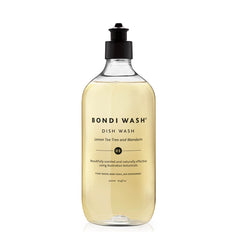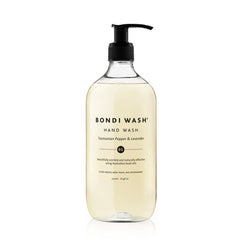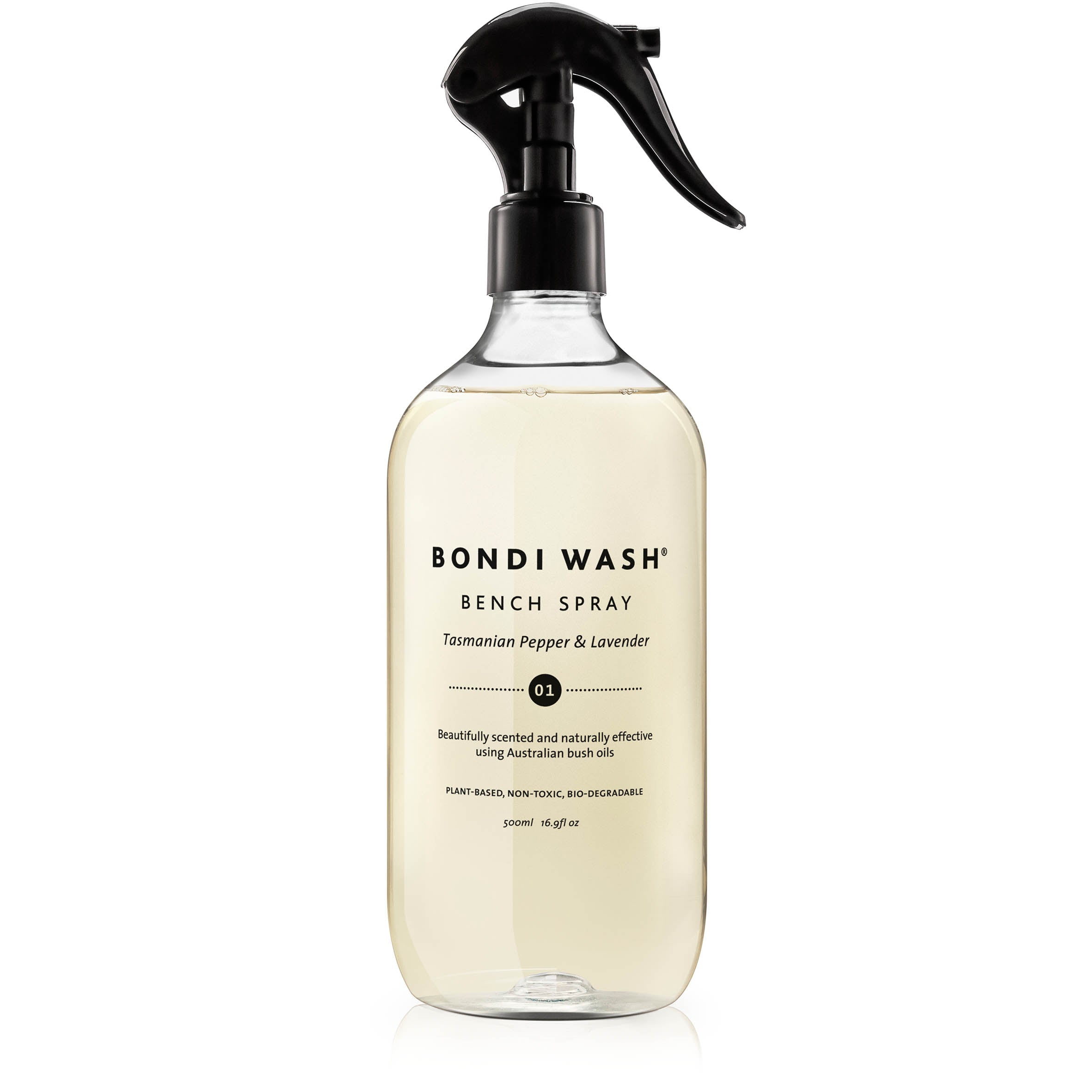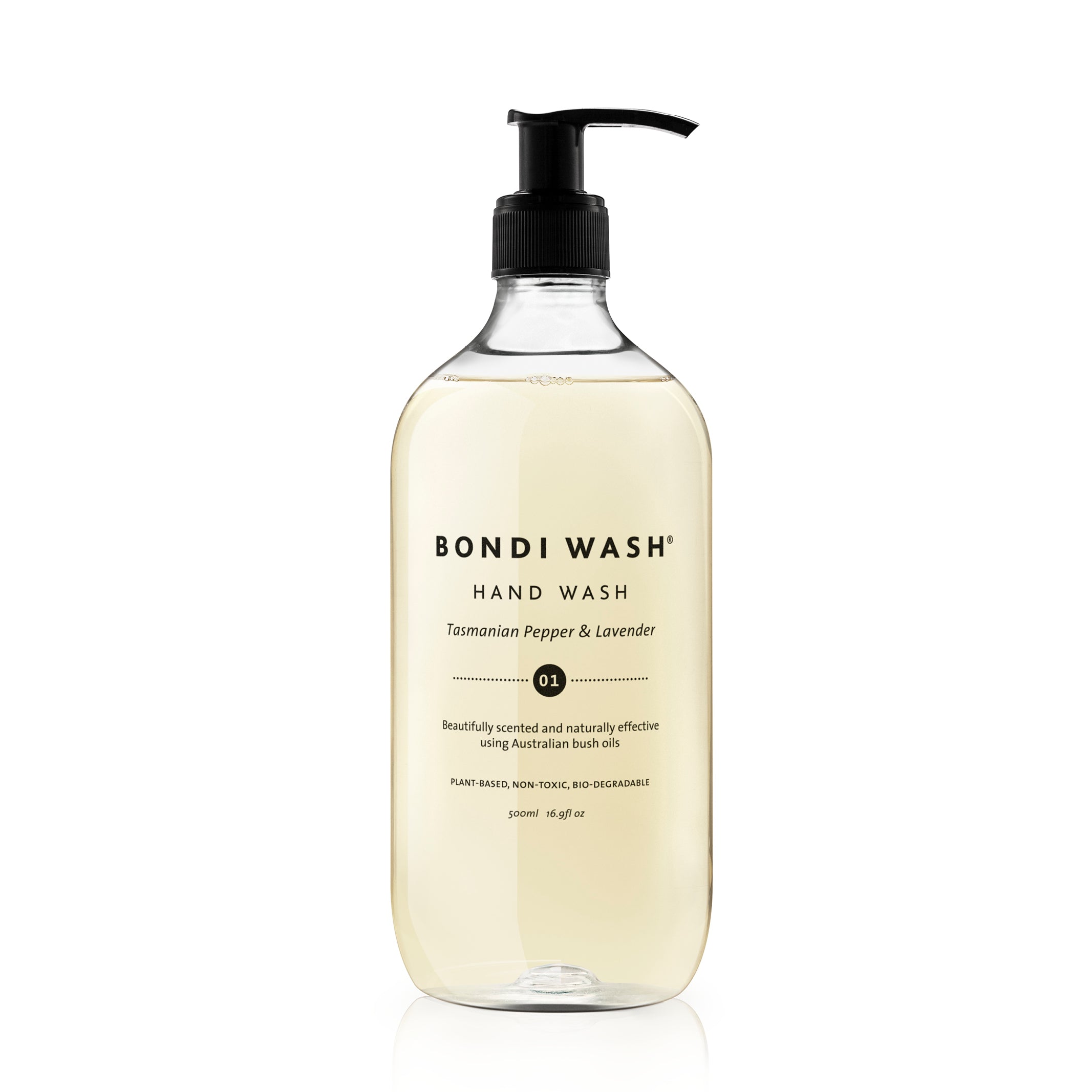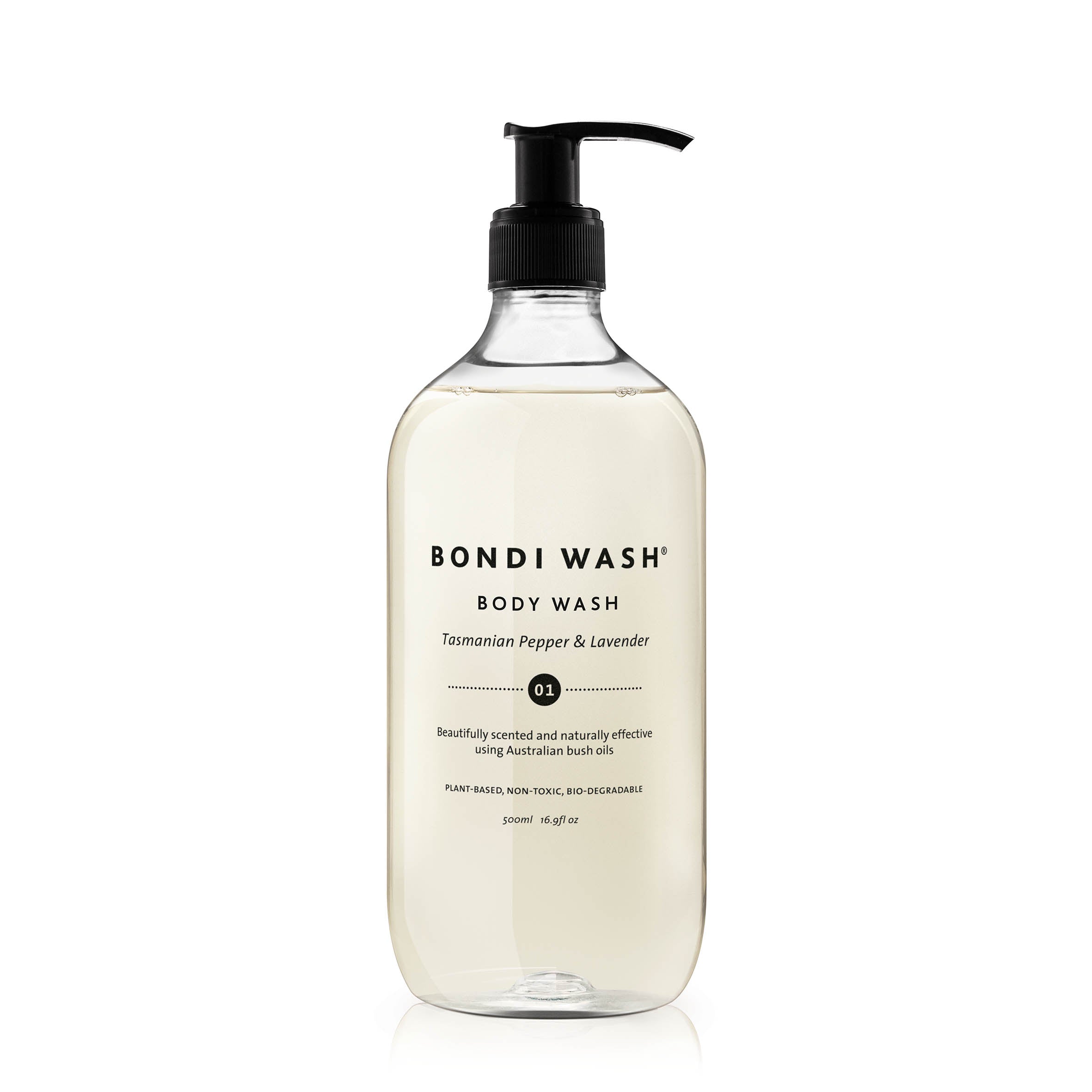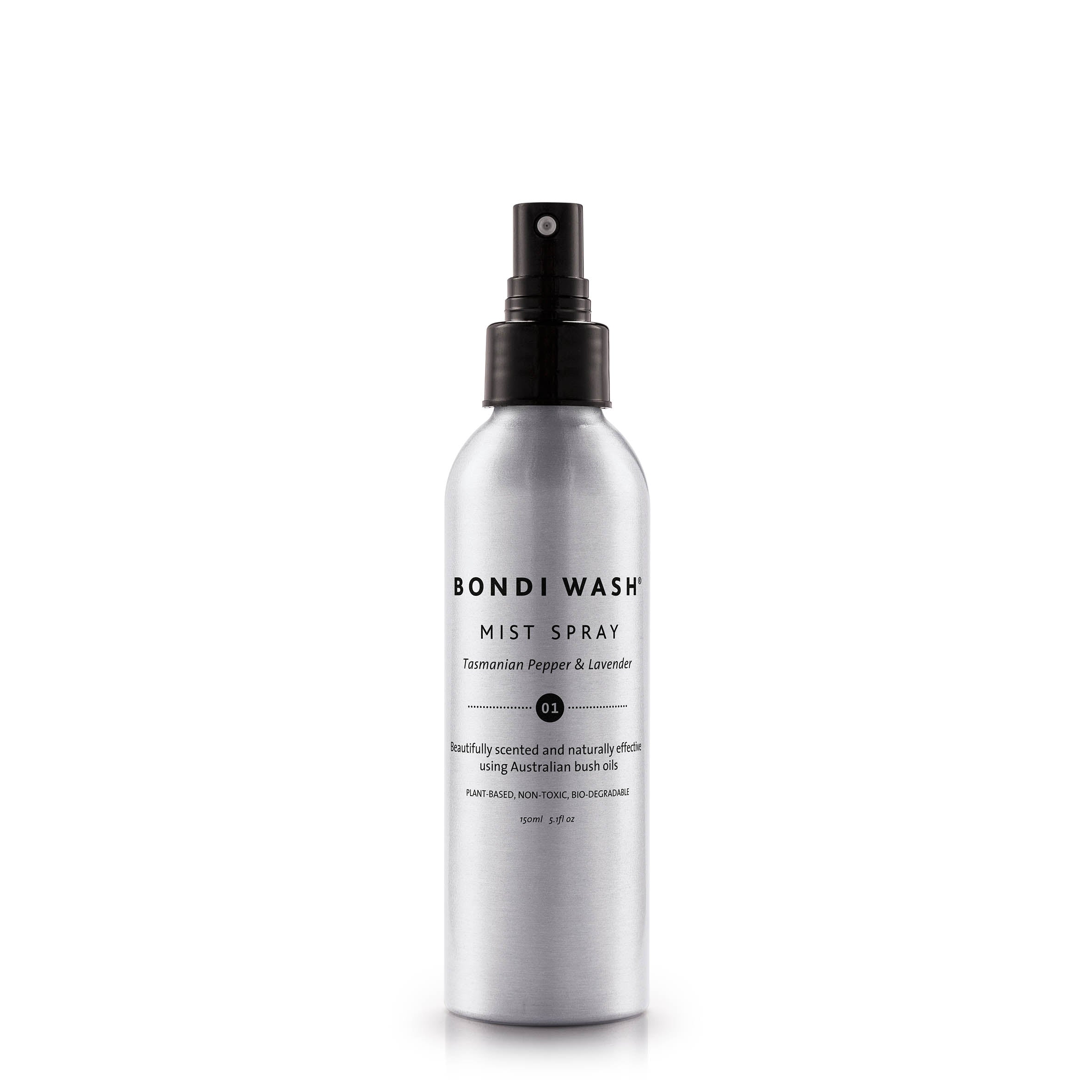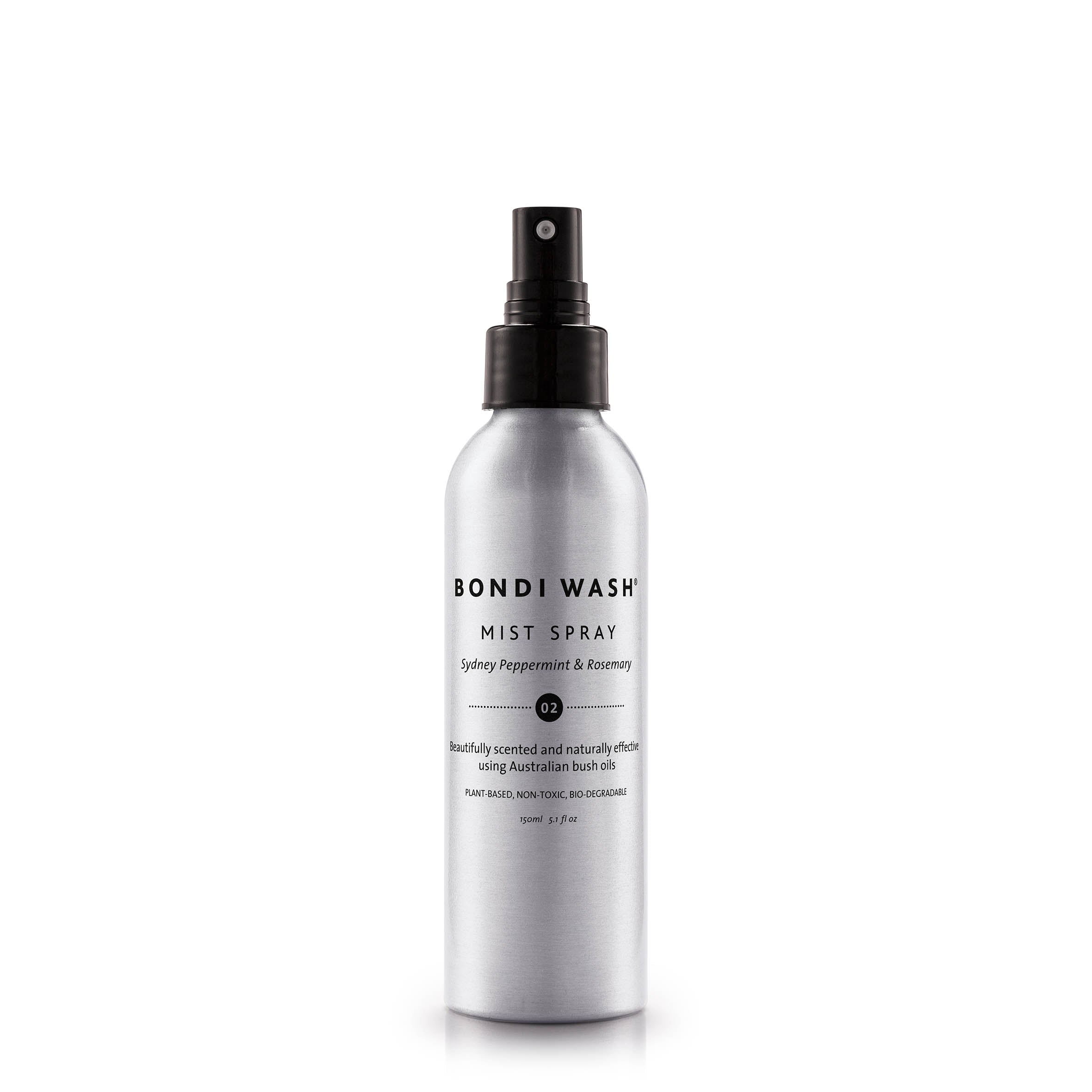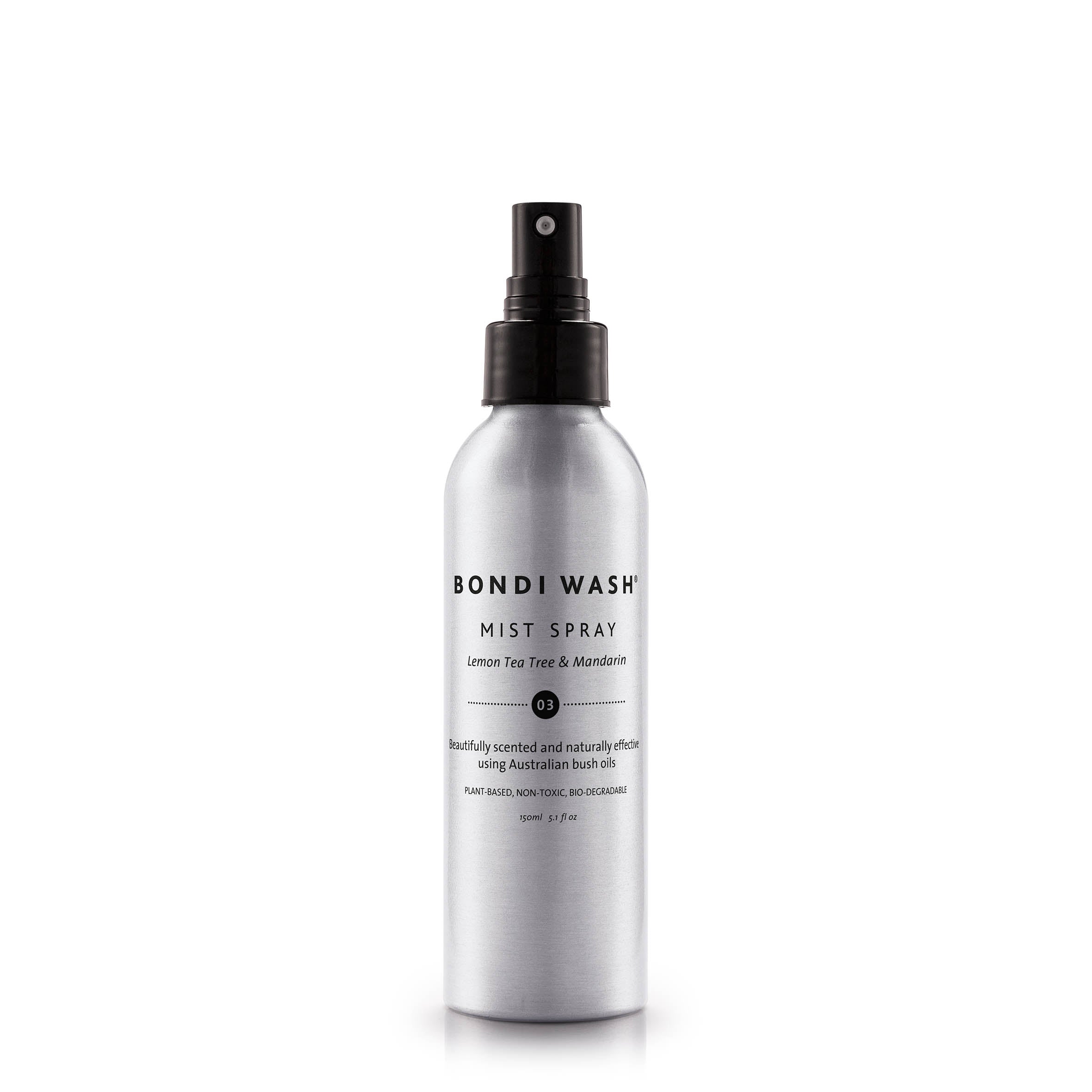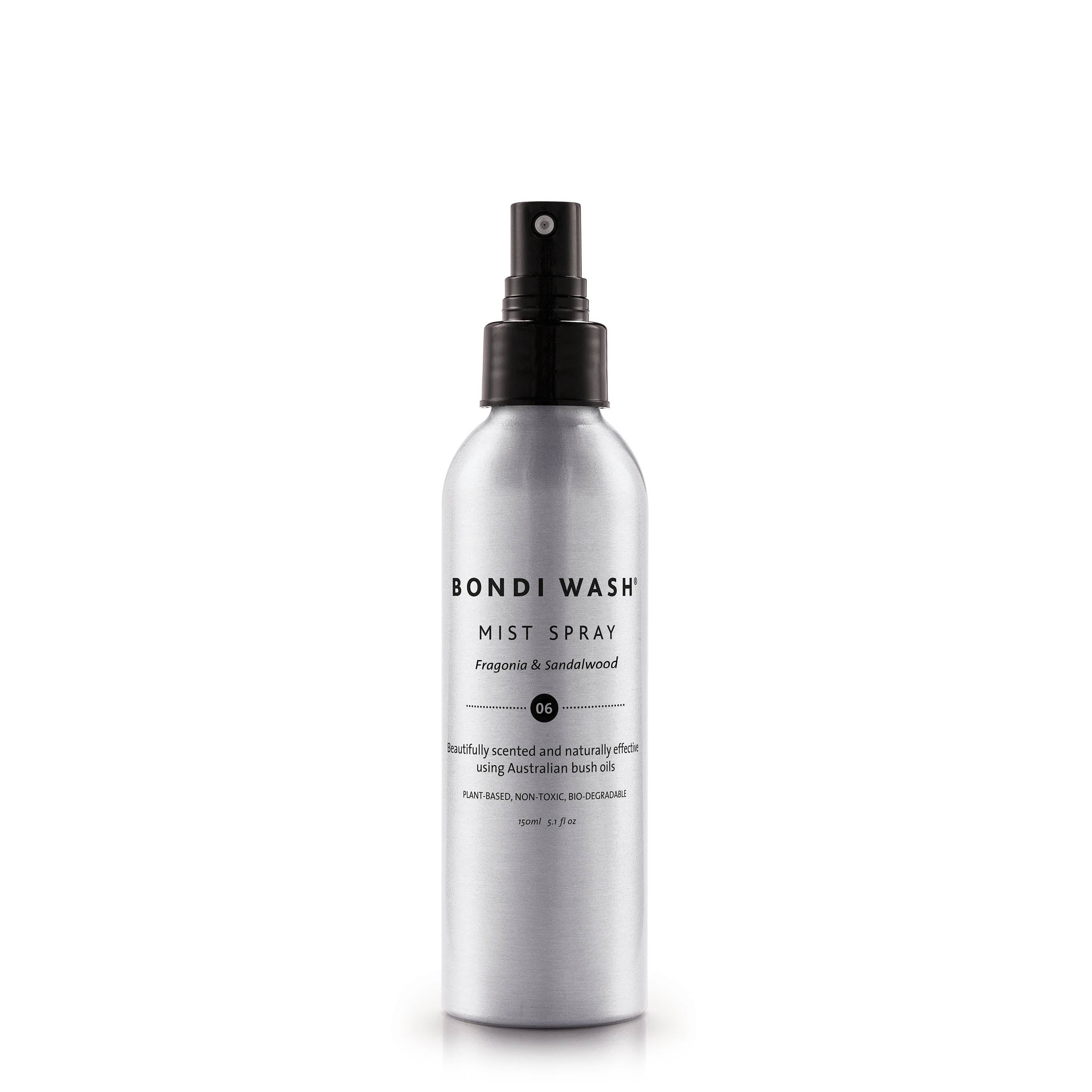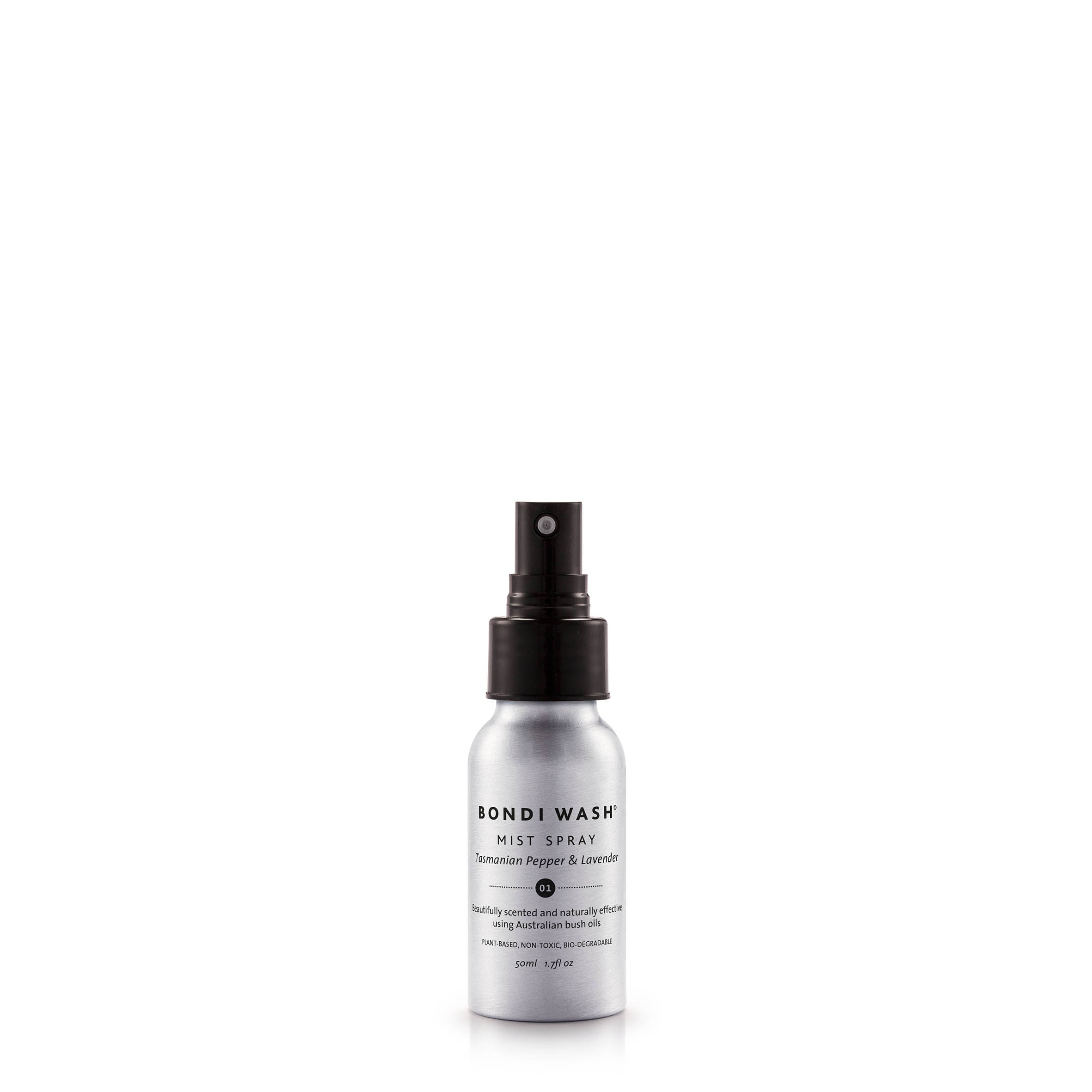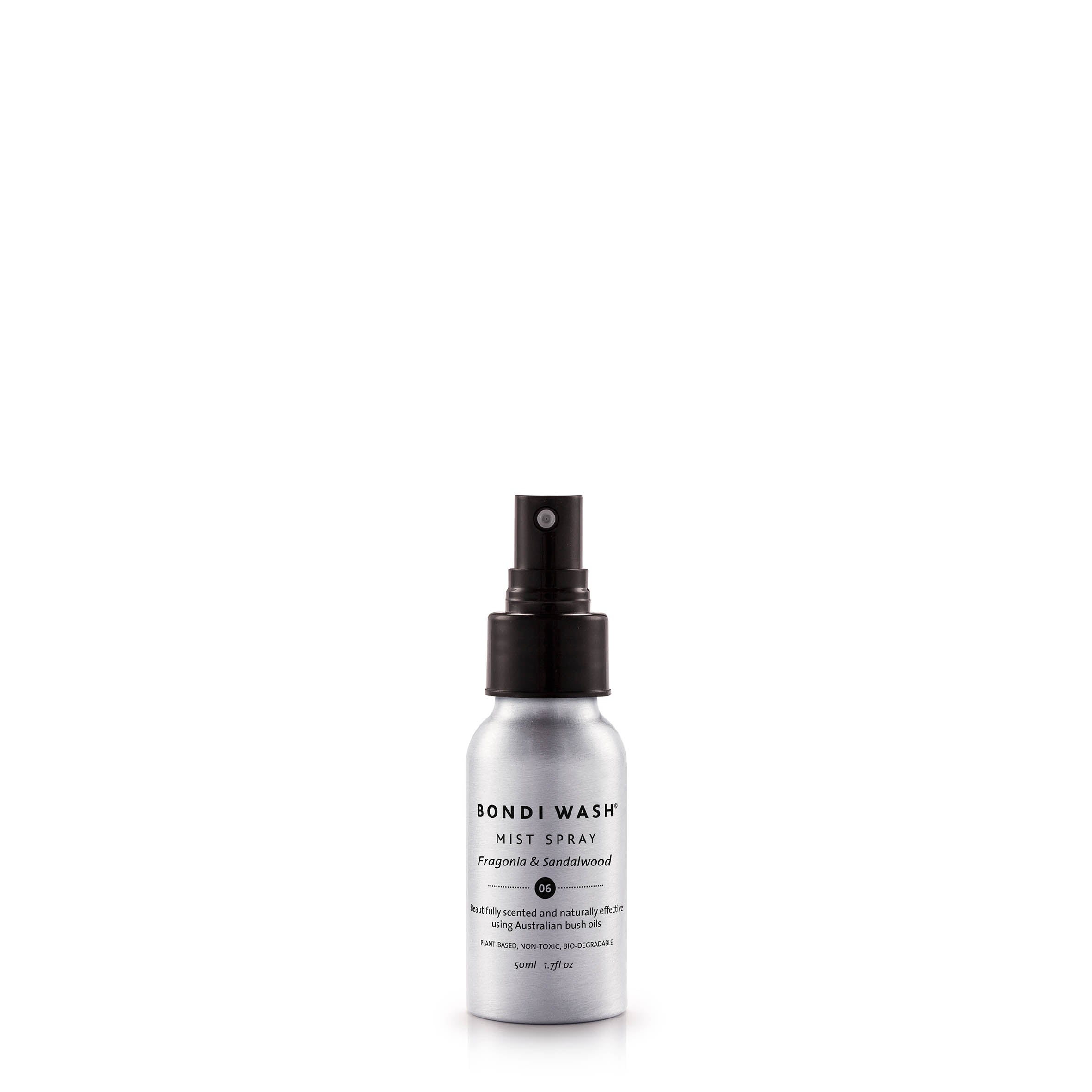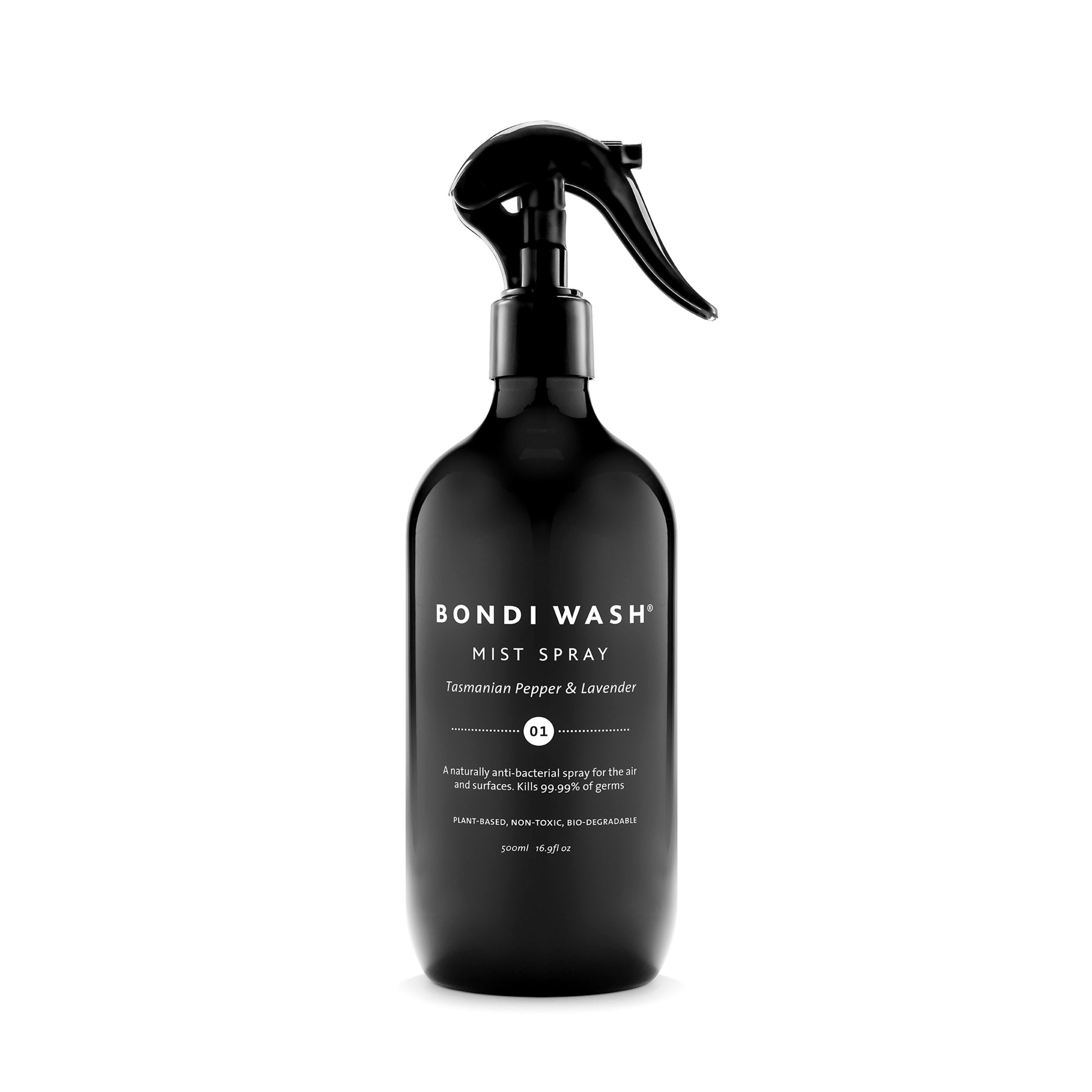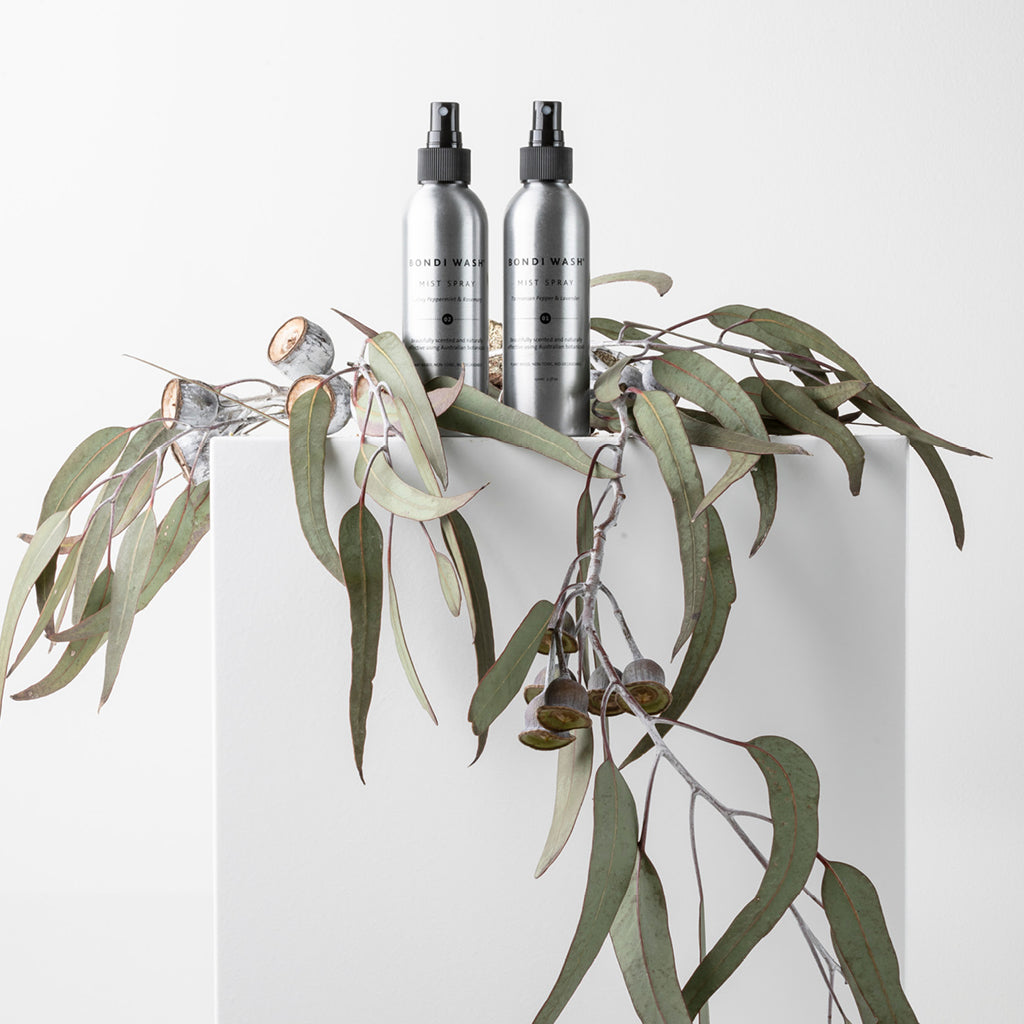Researching hair care ingredients raised our awareness of silicones. They are added to skincare products a give a silky feel, to foundations to give a dewy, spreadable effect, to lipsticks for colour fastness, to sun-protection products to repel water, and to hair care to coat the hair follicle and create a protective barrier and reduce frizz. Essentially they are slippery polymers all derived from silica.
Products that claim extended hydration are likely to contain them, as the silicones act as a barrier by forming a film on the skin surface or hair follicle.
While silicones may be sourced from silica - a naturally occurring mineral - the processing involved to create them involves extensive chemicals. As our products aim to be as natural as possible, we have chosen not to include them in our range.
But why should we avoid them?
They come under various names, and some are safe - with no proven environmental damage and no proven health impacts. But we know some are not. The most commonly used silicones are the cyclosiloxanes (cyclopentosiloxane, cyclotetrasiloxane). These have been shown to have detrimental environmental impacts through working their way into the food chain (so we end up eating them). Last year, European regulators restricted the use of the cyclosiloxanes in wash-off product to 0.1% because of this.
There is also evidence that because silicones essentially work by coating the hair or skin, over time this can lead to clogging and breakouts in the skin and dullness in the hair. Dimethicone and the cyclosiloxanes are two of the silicones that reportedly have this effect.
Safer silicones to use (if you are ok with using synthetically derived ingredients) include cyclomethicone and dimethicone copolyol - water soluble variations that will not stay coated on the skin or hair or work their way into the food system.


